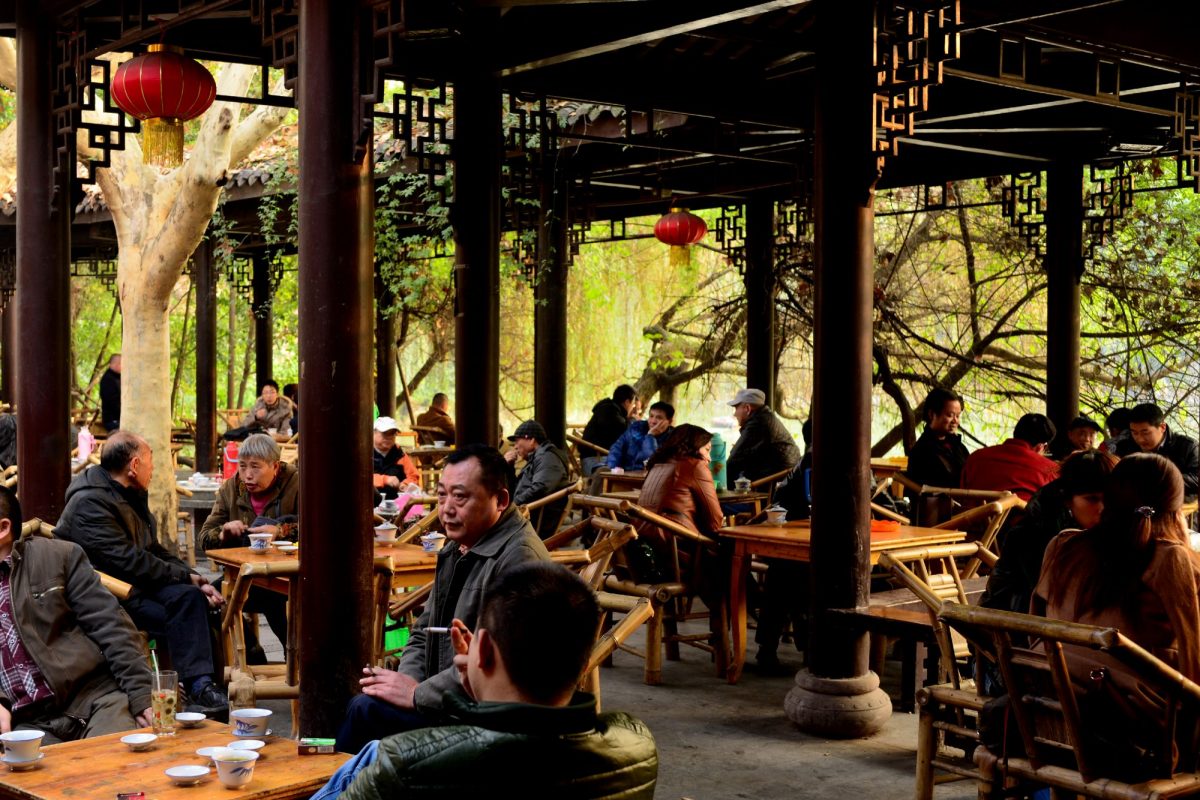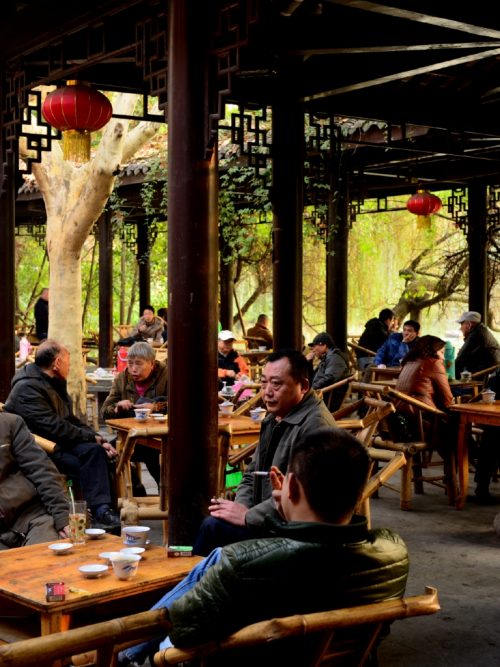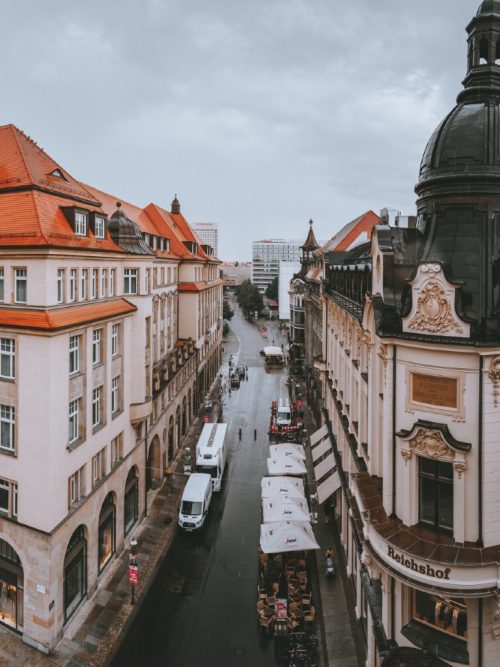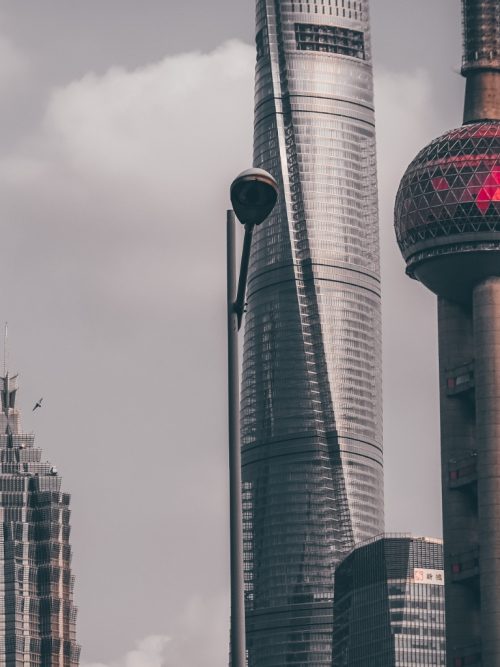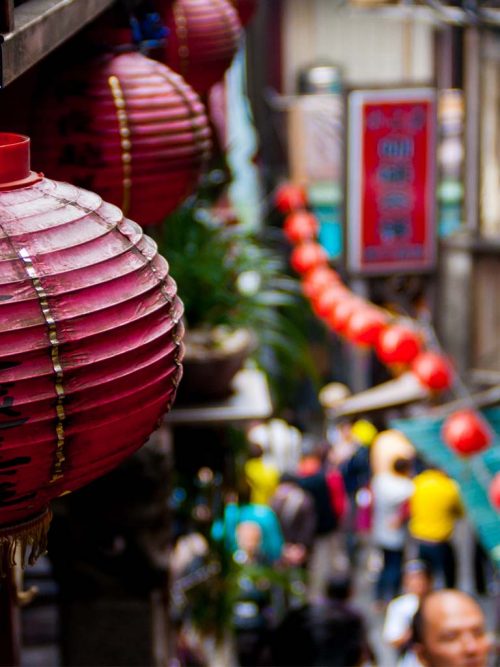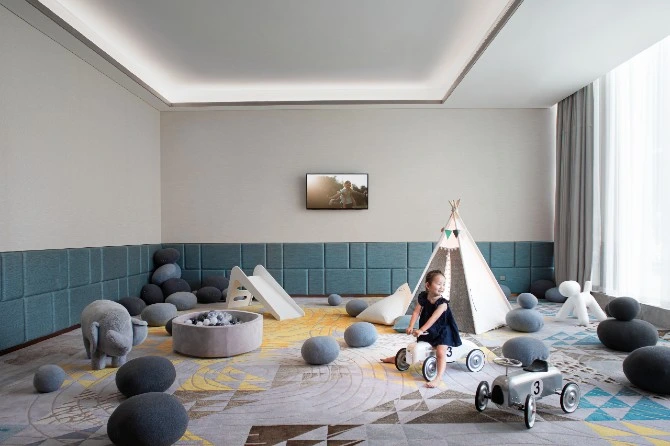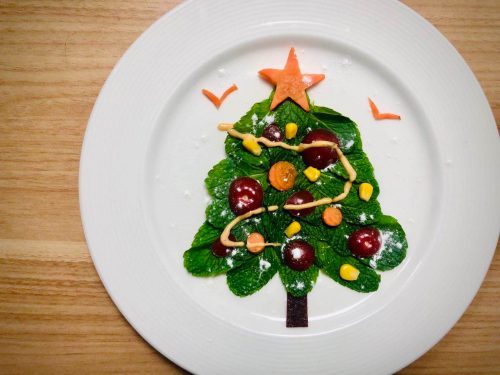Rediscovering Your City: The Culture of Chengdu
12 August 2020
Chengdu may be best known for its fluffy pandas and spicy hot pot but there is much more to this ancient Chinese city with a history that spans four thousand years.
As the capital of Sichuan province, Chengdu’s sophisticated culture and cuisine draw tourists from all over the world. After all, this is the home of Sichuan opera, as well as China’s oldest teahouse.
But the prosperous city is also an important financial and commercial centre, with one of the strongest economies in the whole of China. For all these reasons, it is no wonder that Chengdu remains a favourite destination of both leisure and business travellers.
Start your journey from Fraser Residence Chengdu
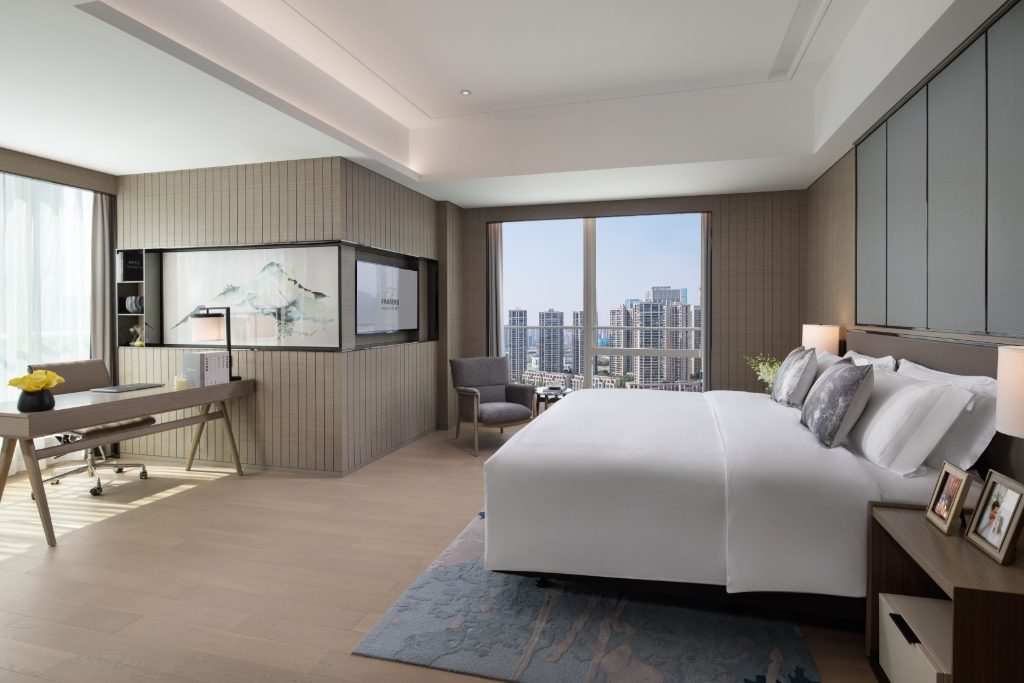
Fraser Residence Chengdu is in the Industrial Development Zone, which forms part of the Forte Financial Island Complex with its upscale residential apartments, Grade A office buildings and a boutique shopping centre. The property has 185 elegantly luxurious apartments, ranging from Studio Deluxe to Three-Bedroom Deluxe units – some with gorgeous views of the Jinjiang river that flows through central Chengdu.
Each apartment offers spacious living and dining spaces, quality furnishings, a fully-equipped kitchen and modern home entertainment system. The thoughtful amenities include a swimming pool, sauna, gymnasium, yoga room, children’s playground, meeting rooms, the Retreat room, guest lounge and an all-day dining restaurant with a menu of international and local specialities.
Add the #FraserCares assurance of certified sanitised rooms, safe distancing measures and reservations flexibility, and Fraser Residence Chengdu becomes the ideal lifestyle choice for guests, whatever their length of stay may be.
See The Sights
Hug a Giant Panda
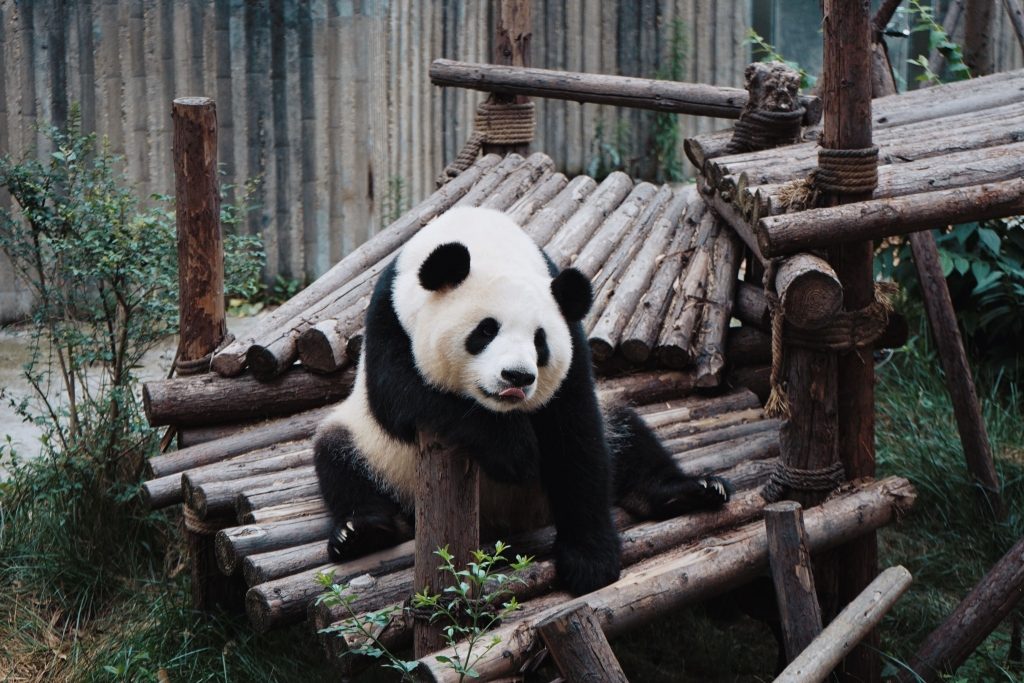
If there was a competition for the world’s cutest national symbol, the giant panda will win paws down. To get up close and personal with this monochromatic furball, hop onto the metro and visit the Chengdu Research Base of Giant Panda Breeding.
Be tickled by the sight of endangered pandas rolling around and chomping on bamboo. Or for a fee (it’s actually a donation), hug one and take a photo with it.
That, and a tour of the Giant Panda Museum, are guaranteed to be the best things to do in Chengdu.
Explore Tiexiangsi Temple Water Street
Tiexiangsi Temple Water Street in the old part of Chengdu is next to the Tiexiangsi Temple, or Iron Statue Temple. The temple was built during the Ming dynasty but the “street” is a more modern affair. On the nearly six-hectare site are buildings designed in traditional-style architecture.
For visitors, the best things to do in Chengdu can be found here, in the many Chinese and Western restaurants, quaint tea houses, art galleries and opera performances. The Xiaojia river flows from north to south through the area and people can cross it on reproductions of historical Chengdu bridges.
Visit the New Century Global Centre
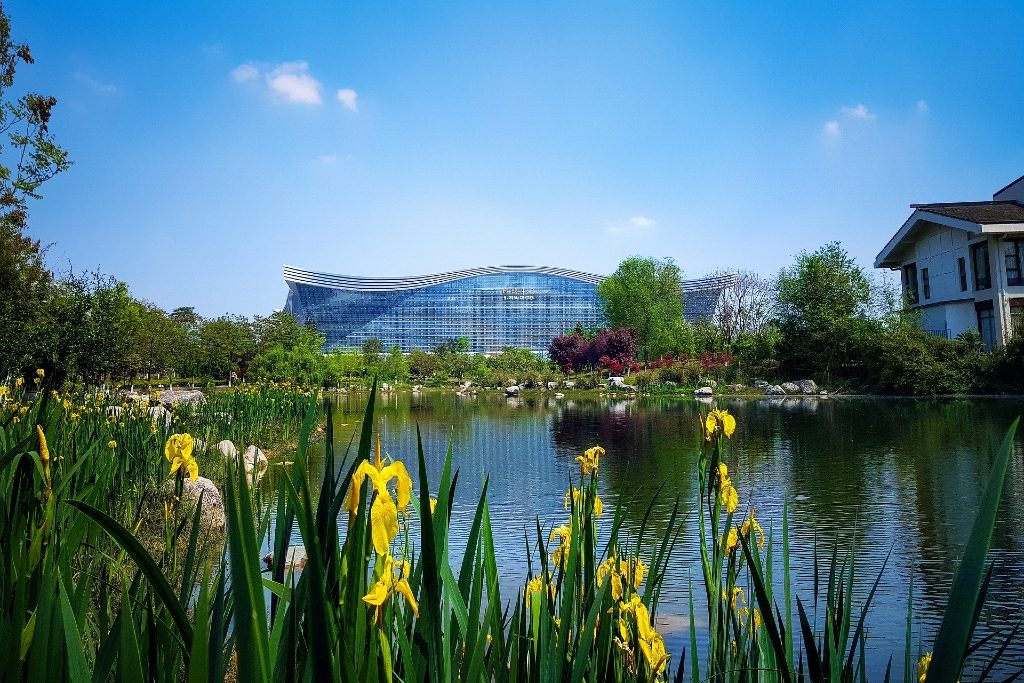
While it is nice to find out that the New Century Global Centre is the world’s largest building when measured by floor area (1.7 million sqm), it is much more interesting to know that this is the home of the Paradise Island Water Park.
One of the best things to do in Chengdu is to enjoy the park’s wave pools, water slides and 5,000 square metre artificial beach. The supersized building also has a gigantic shopping mall, plus a pirate ship, IMAX cinema, Olympic-size skating rink and Mediterranean village.
As if that’s not enough, there are also offices, commercial centres and a university complex.
Stroll through Jincheng Park
In the same Wuhou district as the New Century Global Centre is Jincheng Park, one of Chengdu’s six urban wetland parks. At nearly 7,000 square metres in size, it is also one of the city’s largest.
With its lush vegetation and four big lakes, Jincheng Park is a green sanctuary in the heart of the city. Apart from the fresh air and open spaces, the park is also notable for its architecture, styled after classic Sichuan dwellings and integrated into the natural environment. A floating pyramid structure also houses a concert hall, exhibition space and viewing platform.
Stop for tea time
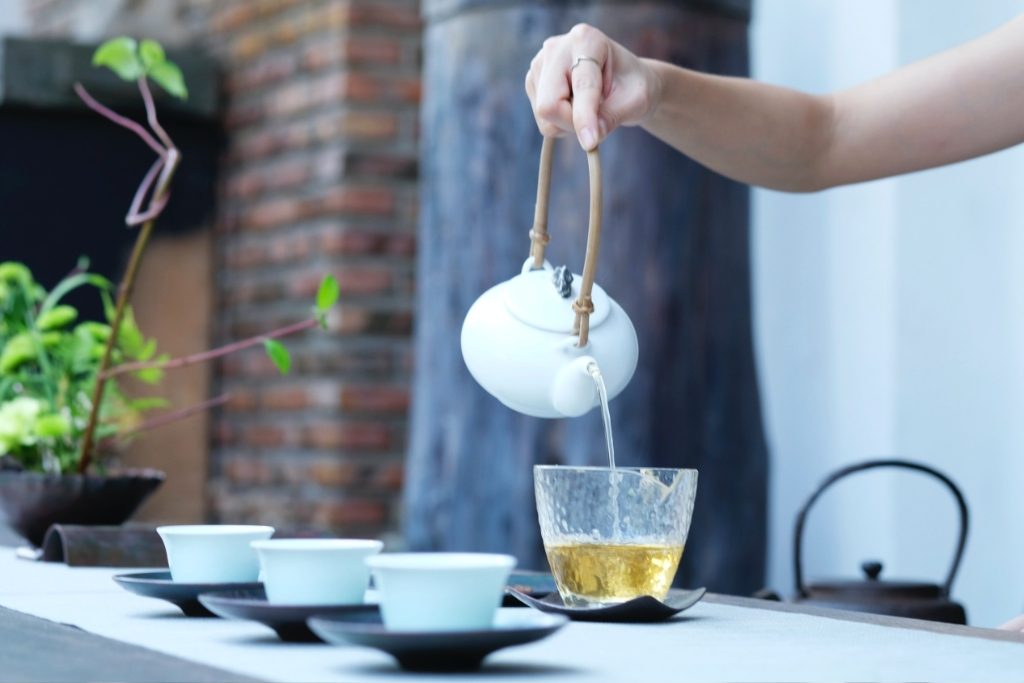
Experiencing the ancient tea culture is one of the best things to do in Chengdu. The capital city is where the world’s first teahouse was opened, as early as during the Spring and Autumn Period (770–476 BC).
With thousands of such establishments in Chengdu, there is a saying that there are more tea houses than sunny days. You may not have a social circle to gossip with in Chengdu, but that should not stop you from visiting a tea house to sip tea, nibble pastries and watch people.
Some well-known teahouses include Laozhaichayuan, a 200-year-old teahouse in a tranquil courtyard, and Shunxing Old Teahouse, which also has a museum and cultural performances.
Learn more about tea at Mengding Mountain
Tea plays a very important part in Chengdu culture. But before visiting a teahouse to partake in this tradition, why not pick some tea at Mengding Mountain, the birthplace of tea culture?
Known as the Holy Mountain of the World’s Tea Culture, it is – written records say – the site of the earliest tea plantations. The rainy and foggy mountain’s soil, climate and elevation are perfect for growing tea. Even if you miss the harvest season, you can buy some fresh tea leaves from a farm to take home with you. Also pop into the tea history museum or take the cable car up the mountain to enjoy some spectacular views.
Learn about the Dujiangyan Irrigation System
The Dujiangyan Irrigation System is an ancient irrigation system originally built over two millennia ago when Chengdu was plagued by floods. Since then, it has successfully stemmed the deluge of the Chengdu Plain and transformed the city into the Land of Abundance.
The irrigation system is unique because it eschews the use of a dam, making it the oldest and only surviving example of its kind. But even more impressive than the clever technology behind it are the jaw-dropping views of the irrigation system.
Marvel at Mount Qingcheng
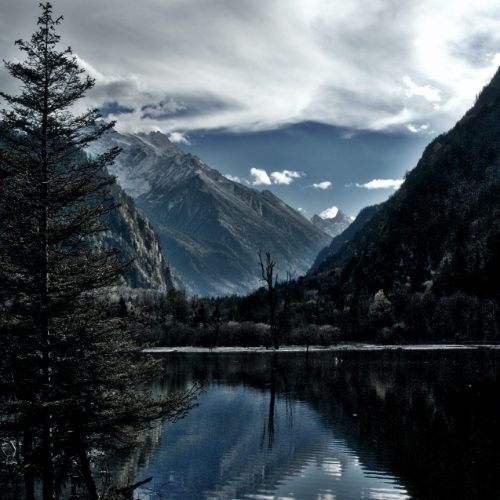
Not far from the Dujiangyan Irrigation System is Mount Qingcheng, one of the most famous Taoist mountains. This cradle of Chinese Taoism is predictably peaceful and verdantly scenic.
Mount Qingcheng’s natural beauty is accompanied by cultural and historic sites on the peak, such as the Jianfu Palace (built during the Tang Dynasty), Shangqing Palace (Jin Dynasty) and Tianshi Cave where – according to legend – the founder of Tianshi Taoism, Zhang Daoling, trained and taught.
Catch a Sichuan Opera
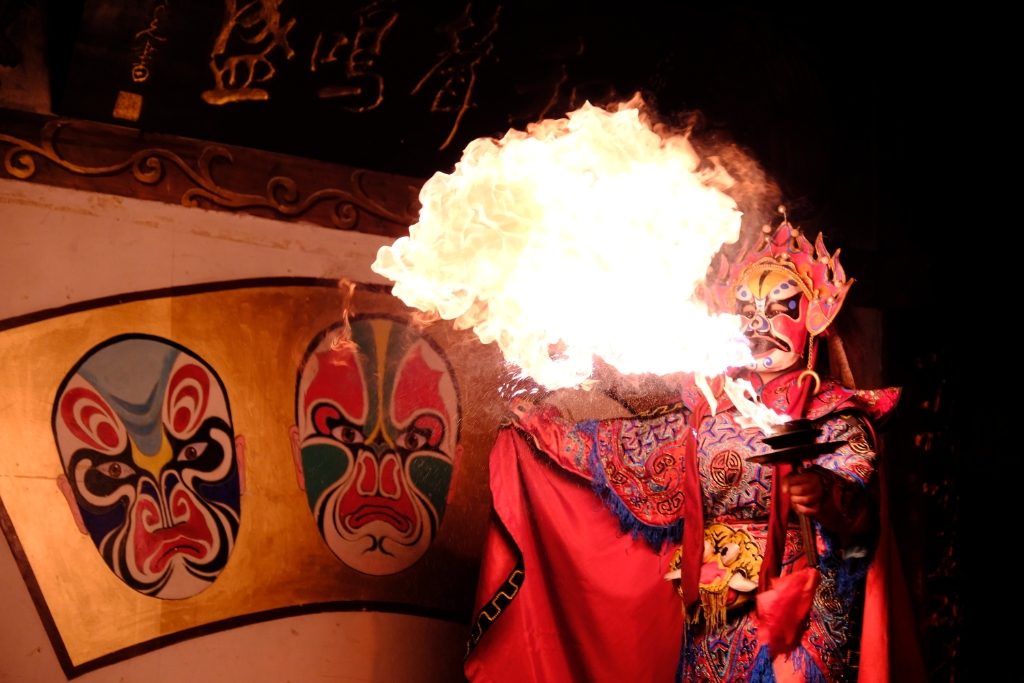
One of the best things to do in Chengdu is to catch some culture by watching Sichuan opera, a more than 300-year-old art form that was born towards the end of the Ming Dynasty and which flourished during the Qing Dynasty. Singing and dancing, infused with liberal doses of humour and magic, were the hallmarks of this lively theatre.
A typical feature of Sichuan opera is the face-changing act, where the performer switches colourful masks in quick succession – sometimes as many as a dozen – with a nod of the head or behind a swishing sleeve. Some places to enjoy Sichuan opera are Shufeng Yayun Theatre and Wuhou Temple.
Pamper The Palate
Sweat it out with spicy hot pot
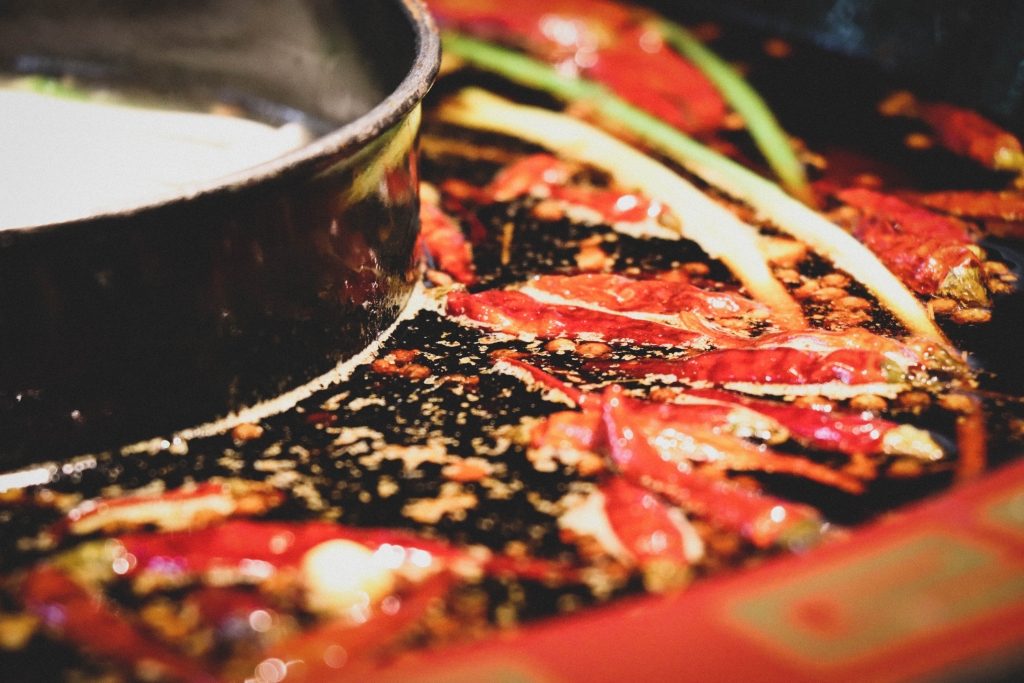
Hit the highs of the Scoville scale with some spicy Sichuan hot pot. Partaking in this traditional steamboat is best things to do in Chengdu. Its oily broth packed with peppercorns that may be deliciously tongue-numbing for some but painfully eye-watering for others. The ingredients that you will be cooking yourself are usually raw, like meat, seafood, vegetables, mushroom, tofu and noodles.
But if you fear a stomach-churning experience, it is possible to order a “yin yang” hot pot – a double-sectioned container where one half is filled with spicy soup and the other with clear broth. For a fire-breathing good time, some better-known hot pot places are Bashu Mansion and Huangcheng Laoma.
Try classic Sichuan cuisine
Sichuan food is one of the four main traditions of Chinese cuisine, with the others being Cantonese, Shandong and Huaiyang. While the other three are generally characterised by light, fresh or rich tastes, Sichuan cuisine has much bolder flavours, with a wide spectrum of profiles that embrace the piquant and stimulating.
Some examples of well-known Sichuan dishes are mapo tofu, preserved meats, sweet and sour spare ribs, and cowpea in ginger sauce. Conveniently, there is a variety of such restaurants serving these classic Sichuan dishes in the immediate vicinity of Fraser Residence Chengdu.
Check out the international cuisine
Many international cuisines can be found in a cosmopolitan city like Chengdu, but Japanese food is perhaps one of the few that is accepted by the most diverse group of people.
Popular virtually everywhere in the world, there is a shining example of it at Fraser Residence Chengdu called Sushi Luck, the serviced residence’s all-day dining Japanese restaurant. Sushi Luck’s head chef relies on the freshest seasonal ingredients and meticulous cooking methods to serve dishes that pleasing to look at and delightful to eat.
Is the wanderlust kicking in? Try being a tourist in your own country! These guides to Barcelona, Leipzig and Tokyo will help kickstart your journey to rediscovering your city.

Not a Fraser World Member? Sign up today for free membership and enter a world of privileges
- Complimentary Stays
- Up to 20% off Best Flexible Rate
- Room Upgrade
- Early Check-in
- Exclusive Rewards
- Welcome Voucher




















